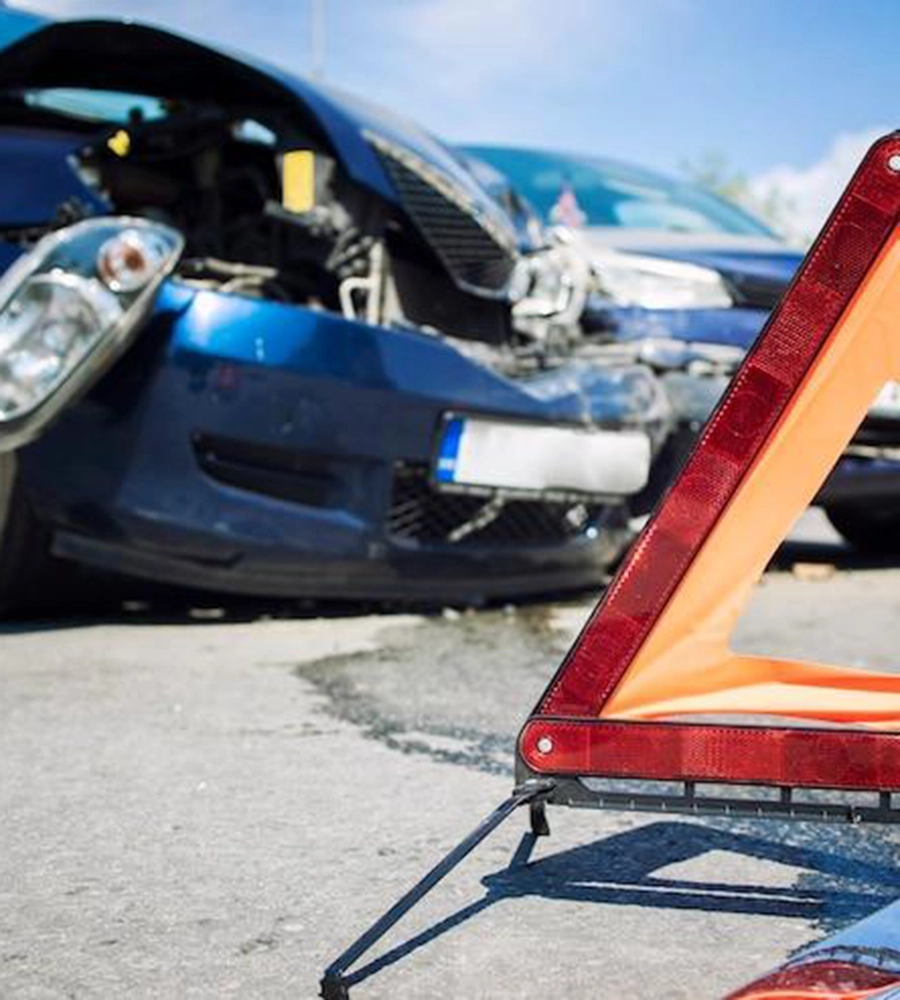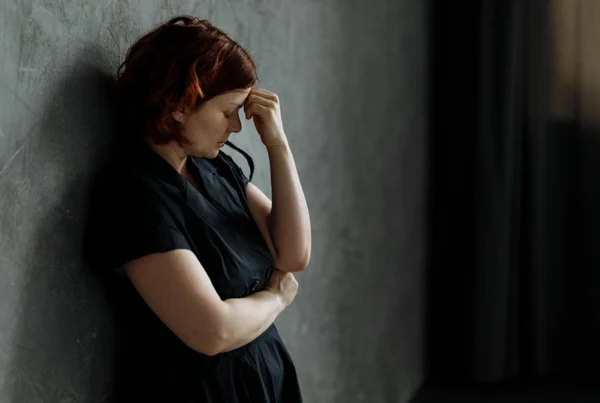Many people think of drunk driving as one of the most dangerous threats on the road, but did you know that driving while sleep-deprived can be just as, if not more, dangerous?
In fact, studies show that sleep deprivation can impair your ability to drive, just like alcohol.
Whether you’ve slept for less than 4 hours or just didn’t get your usual amount of rest, being drowsy behind the wheel puts you and everyone else on the road at risk.
Being one of the most dangerous driving impairments, it has caused many accidents over the years, and unfortunately, a good number of them were fatal.
The Science Behind Sleep and Driving
You’ve probably heard that sleep deprivation makes us feel sluggish and grumpy, but it does a lot more than that. When you don’t sleep enough, your brain becomes less sharp, and your ability to focus and react quickly diminishes. It affects your motor skills, your attention span, and your decision-making abilities, all of which are crucial when you’re behind the wheel.
Experts say that when you sleep for less than 7 hours in the past 24 hours, you’re significantly more likely to be involved in a crash. Drivers who sleep between 6 and 7 hours are 1.3 times more likely to crash than those who get a solid 7 hours or more.
But it gets worse. Drivers who sleep for just 5-6 hours are 1.9 times more likely to crash, and those who sleep for only 4-5 hours are 4.3 times more likely to be involved in a crash. And if you sleep for less than 4 hours, your crash rate skyrockets to 11.5 times the normal rate.
You may think that you can drive fine on just a few hours of sleep, but the truth is, your body and brain aren’t equipped to handle it. And even if you usually sleep for 7 hours, missing out on just 1-2 hours of your usual sleep can increase your crash risk by 1.3 times.
The Dangers of Drowsy Driving
It might sound extreme, but drowsy driving is responsible for thousands of accidents every year. In fact, the CDC estimates that there are over 100,000 motor vehicle accidents each year because of driver fatigue. And these aren’t just minor fender benders. Many of these crashes lead to severe injuries or fatalities.
The AAA Foundation for Traffic Safety also found that around 16-21% of fatal crashes involve a drowsy driver. And while we often hear about accidents caused by distracted or impaired driving, sleep deprivation is just as much of a threat.
In fact, the crash risk for a sleep-deprived driver can be just as high as someone driving under the influence of alcohol.
What makes sleep deprivation so dangerous is that you might not even realize how impaired you are. When you’re low on sleep, your body tries to compensate by releasing stress hormones like adrenaline.
This gives you a temporary burst of energy, but it’s not a long-term fix. It can make you feel more alert than you really are, leading you to underestimate how tired you actually are.
The scariest part is that a lot of people don’t even know when they’re too tired to drive safely. That’s why some studies suggest that as many as 1 in 25 adults admit to falling asleep at the wheel.
How We Can Curb Drowsy Driving
The first and most important step is to make sure you’re getting enough sleep before getting behind the wheel. The CDC recommends that most adults get 7-9 hours of sleep each night. But if you’re feeling tired or groggy during the day, that’s a sign that you need more rest.
If you’re driving and feel drowsy, the best thing to do is pull over and take a break. Even a short nap or a walk to stretch your legs can really help with your alertness. If you can, switch drivers or find a safe place to rest until you feel more awake.







